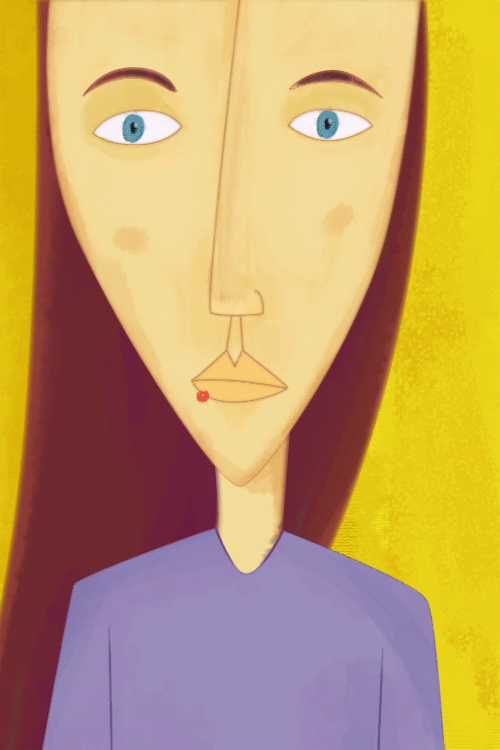
WHAT IS ACNE?
Acne is a very common skin condition. It is often misunderstood. It occurs in the vast majority of teenagers, but can continue into or indeed start in adult life. Acne occurs in areas where the skin produces the most oils from sebaceous glands, i.e. the face, chest and back. Sometimes acne consists only of comedones (blackheads and whiteheads). More commonly we see comedones and red inflamed papules (the so-called spot)
In some patients acne is transient and mild. In others it may be severe, with large cysts and resultant scarring. Even 'mild' acne can cause embarrassment and loss of self esteem. The wider effects of this condition are often overlooked
WHY DO WE GET ACNE? In most teenage patients at the time of puberty the normal rise in hormones causes an increase in the oil produced by the sebaceous glands. If the skin follicles become blocked with skin cells and oil (comedones) and oil starts to build up behind this blockage. In this closed system another factor comes into play - the bacterium P. Acne. This harmless bacterium is commonly found on skin. It thrives in the blocked hair follicle, causing inflammation and the subsequent development of spots. Acne vulgaris is not usually triggered by diet or poor hygiene, although stress may be a trigger.
HOW DO WE TREAT ACNE? The aim of treatment is to gain control of the condition preventing the short-term unsightliness and possible long term scarring.
Bearing the processes involved in the development of acne in mind one can understand how various approaches help treat acne.
Some oral contraceptive pills help balance hormones within the body. This may reduce the oiliness of skin. There are new generations of creams that work in varying manners for example reducing the production of oil in the skin, or helping to unblock the follicles. They can stop acne at the early stages. Antibiotics can be very helpful, giving improvement in up to 80% of patients.
For more severe acne the drug Isotretinoin may be used. This reduces the production of oil in the skin by up to 90%. It is a very effective and in most cases permanent treatment. Patients usually take the drug for 4 to 6 months. It is important to discuss this treatment carefully as although it is very effective it is not suitable in some cases and needs to be carefully monitored.
HOW CAN I TREAT MY SCARRING? For the vast majority of patients that come to see me for scarring I can reassure them that the problem in a post acne redness (erythema) This redness will naturally fade with time. Some patients want treatment for this redness. An option in this situation is light treatment such as IPL (intense pulsed light). Others present with typical acne scarring, referred to as 'ice- pick scarring'. This scarring will naturally improve with time, particularly when the redness fades. A more proactive approach towards this sort of condition involves a procedure known as a chemical peel, which can help to improve/soften the scarring. The deeper the peel the longer the recovery (down time). This needs to be discussed carefully.
